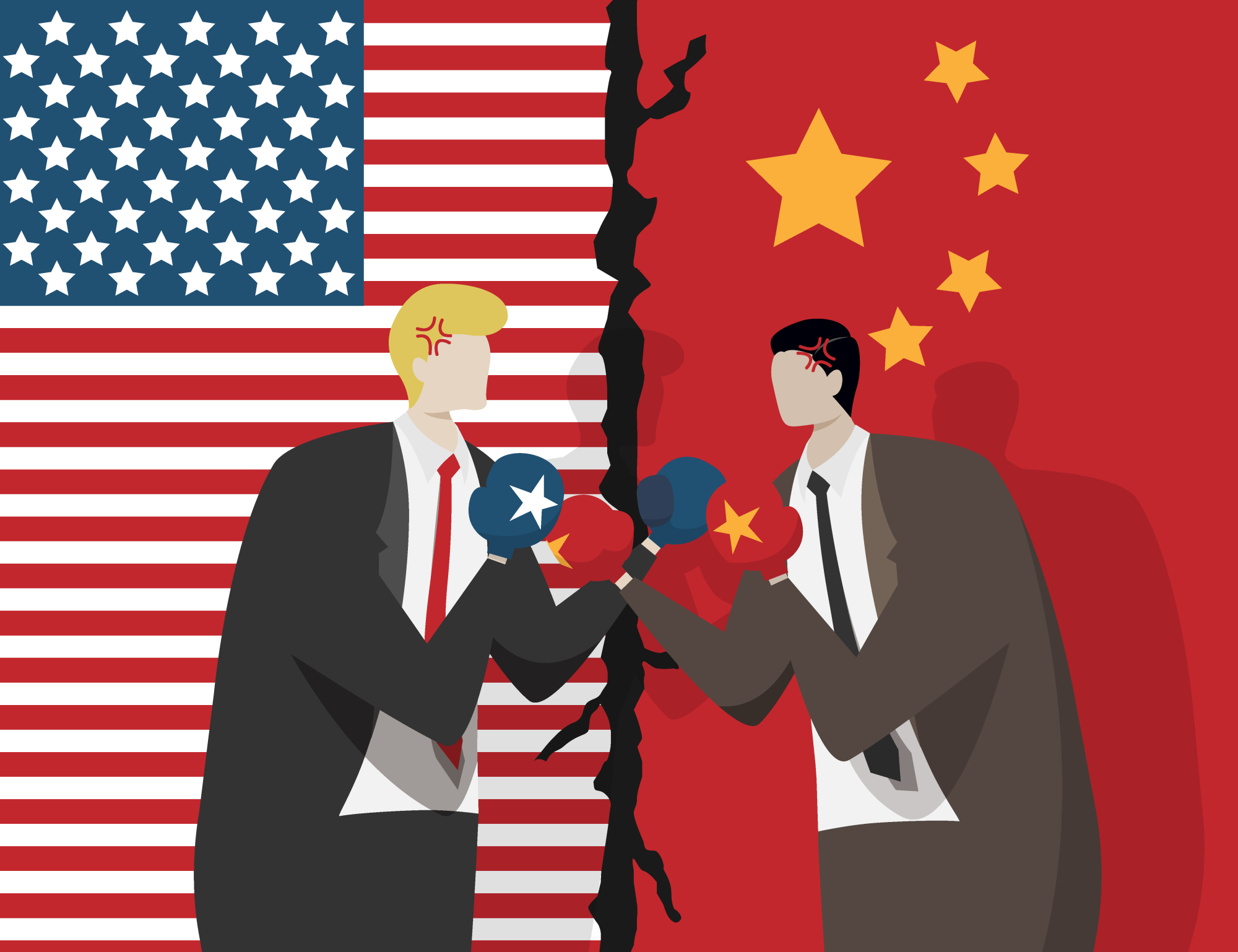It is impossible to overstate the importance of innovation to a society's health and prosperity. New technologies and new applications of existing technologies will disrupt every dimension of human activity and endeavor. Companies that master the frontiers of emerging technologies will dominate their industries; first movers will reap enormous economic rewards in these and related fields, and the governments to which those corporate leaders respond will enjoy greater power as well. In theory, success will provide advantages in economic competition and in the military domain.
This competition is frequently described as a new cold war in which the principal rivals are the United States and China, and each has adopted a different model to help it prevail. China is the standard-bearer for a state-directed approach, the shorthand for which is "industrial policy." In the last two decades, it has produced several national plans to promote technology development, the most (in)famous of which is "Made in China 2025."
It declared Beijing's intent to master 10 strategic industries, to comprehensively upgrade Chinese industry and ensure its dominance of key technologies. One priority area is artificial intelligence. The China State Council released a strategic directive in 2017 which announced that China would achieve "world-leading levels" in AI by 2030; to that end, it developed the Next Generation of Artificial Intelligence Plan. Funding, which is critical, is opaque, but experts estimate that China will have spent $70 billion on AI by the end of this year — and that is just a down payment.



















With your current subscription plan you can comment on stories. However, before writing your first comment, please create a display name in the Profile section of your subscriber account page.